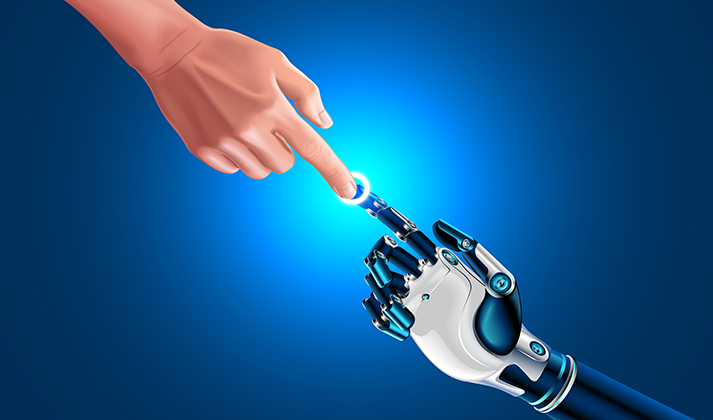


Alibaba is teaming up with one of China’s top universities to research and develop human-computer interaction technologies, an important area of study as user interfaces expand in form and sophistication beyond the keyboard and touchscreen.
The Chinese e-commerce giant and Tsinghua University, in Beijing, will launch a joint laboratory focusing on HCI research to study the ways in which computers could read human emotions and interpret mannerisms, and even simulate those human characteristics on their own. The goal is to bring the next generation of HCI interfaces to the market.
“As artificial intelligence and data technologies advance, humans’ senses and emotions would be further digitalized and become the new modes of interaction with machines,” Alibaba Group Chief Technology Officer Jeff Zhang said.
The new venture is the first HCI-focused lab unveiled by Alibaba since the company launched its global research institute, DAMO Academy, last October. The $15 billion DAMO initiative, in which HCI was listed as a key research area, is an important part of company’s efforts to broaden its technology portfolio beyond e-commerce.
The joint lab will bring together experts from both sides in cognitive science, linguistics, physiology and aesthetics, while its operations and research directions will be led by the director of The Future Lab at Tsinghua University, Xu Yingqing, and Alibaba Group Senior Director of User Experience Paul Fu.
With terms such as “affective computing” and “multimodal perception and interaction,” HCI may seem impenetrable to the layman. But the science offers some highly useful real-world applications, including vehicle cockpits that emphasize touch stimulation for safer driving, as studies have shown that drivers’ reaction to touch is faster than visual signals. There is also the potential to base product design on the digital analysis of consumers’ reactions to those products.
“By making machines better understand and communicate with humans, HCI is expected to revolutionize various industries and make profound impacts on how we work and live,” said Professor Bin Yang, vice president of Tsinghua University.
Alibaba is no stranger to “combining the senses” to improve the user experience. In December, the company developed voice-recognition ticket kiosks for the Shanghai Metro, which could pick up sound from a user several meters away, even in noisy environments. The technology combines audio signal-processing and computer-vision technology to better identify sound sources.





